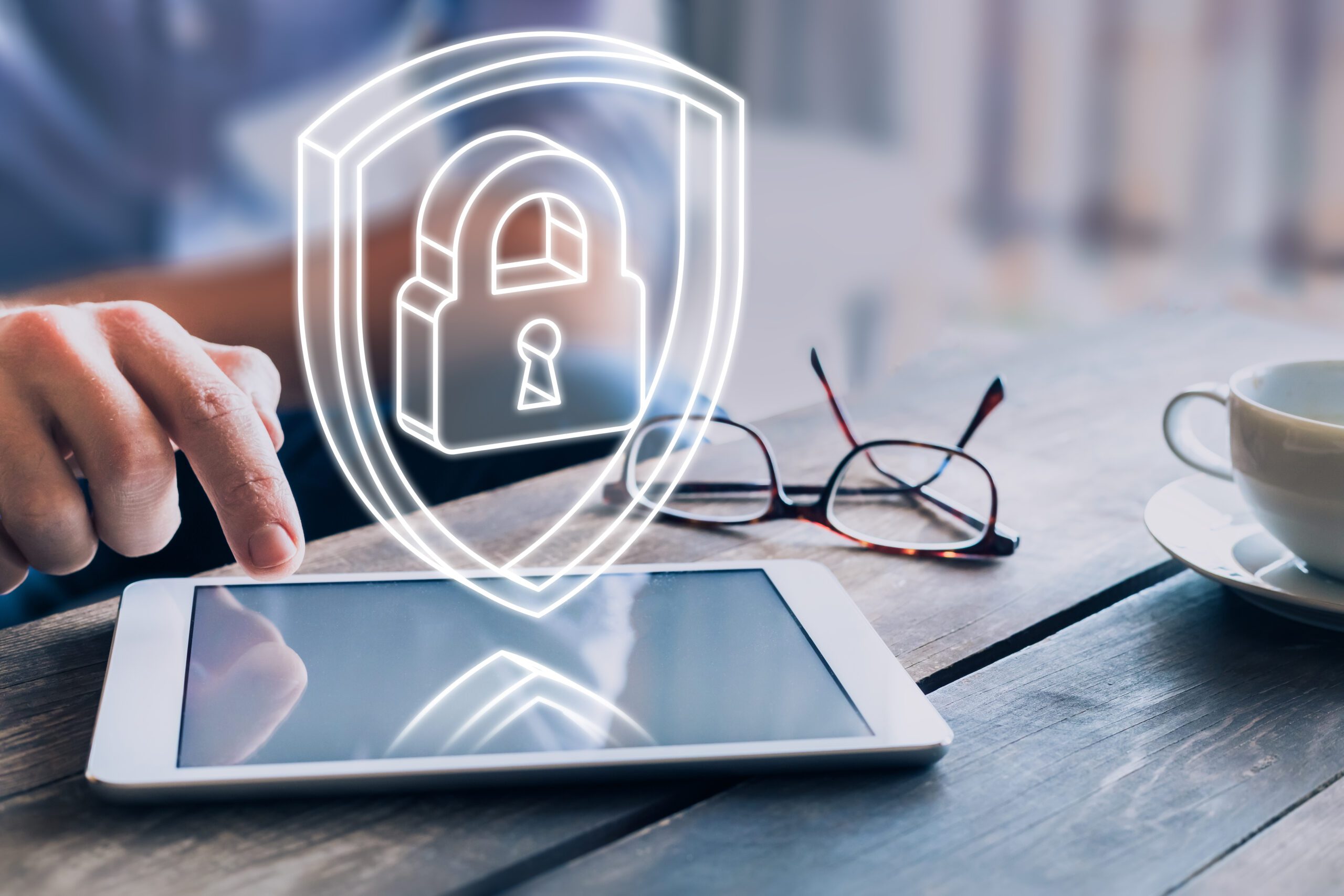Crime is becoming more of a major concern amongst busy professionals who often find themselves unwittingly vulnerable to various forms of its outcome. From social media oversharing to inadequate website security, the risks are everywhere. We will delve into how professionals can become victims of crime and provide seven practical steps to safeguard themselves against both digital and physical threats. Take a look at the below, it’s a quick read:
The Hidden Dangers: Social Media and Cybersecurity
1. Social Media Oversharing
Many busy professionals use social media to connect and network. However, oversharing personal information can make them easy targets for identity theft and scams. For instance, posting about a vacation can alert criminals that your home is empty. According to Norton, https://us.norton.com/internetsecurity/online-scams/social-media-safety-tips.html, it’s crucial to manage privacy settings and think twice before sharing your location or plans.
2. Poor Website Security
Professionals often rely on online platforms for networking and business transactions. If these websites lack robust security measures, personal and financial information can be compromised. A study by Cybersecurity Ventures, https://cybersecurityventures.com/, suggests that weak passwords and outdated software are primary culprits in data breaches.
Physical Crime: Home Invasions
The threat of physical crime, such as home invasions, can also have severe implications for busy professionals. A break-in not only results in loss of property but can also lead to emotional distress and a feeling of vulnerability. According to SafeWise, https://www.safewise.com/blog/home-invasion-statistics/, homes without security systems are three times more likely to be broken into.
Protecting Yourself: Essential Tips for Busy Professionals
3. Strengthen Your Online Security
– Use strong, unique passwords for different accounts. Consider a password manager to keep track of them.
– Enable two-factor authentication on all accounts to add an extra layer of protection.
– Regularly update software and security settings to protect against vulnerabilities.
4. Be Cautious with Social Media
– Limit the amount of personal information shared online.
– Make sure family members are also aware of the personal dangers of sharing too much online.
– Adjust privacy settings to control who can see your posts.
– Avoid publicizing your location or travel plans.
5. Secure Your Home
– Invest in a reliable home security system that includes cameras and an alarm system.
– Use smart home technologies to monitor your property remotely.
– Proper lighting deters crime, smart lighting can make your home look active when you are away.
– Ensure all doors and windows are secure and consider installing deadbolts; consider smart locks.
6. Educate Yourself About Scams
– Stay informed about common scams and phishing attacks. Websites like FTC.gov,
https://www.consumer.ftc.gov/, provide valuable resources on how to recognize and avoid scams.
– Attend workshops or webinars on cybersecurity and personal safety.
7. Network with Trusted Professionals
– Build a network of reliable contacts who can provide recommendations for security services, cybersecurity specialists, and crime prevention strategies.
– Consider joining professional organizations that focus on safety and security in your industry.
– Have a discussion with a trusted security professional
Busy Professionals Must Protect Themselves
Busy professionals must be proactive in protecting themselves from both digital and physical crimes. By being aware of the risks and implementing these essential safety measures, they can significantly reduce their vulnerability. For more resources on professional home security and personal safety, visit ConnectSmart Systems https://connectsmartsystems.com. The professional team at ConnectSmart Systems is local, has years of experience, is highly trained, and well versed in multiple aspects of physical security. The have a passion for helping busy professionals, families, businesses, their community, and homeowners protect their property and themselves.
Protecting yourself is not just about being cautious; it’s about being informed and prepared. Don’t wait until it’s too late—make a plan and take action today!


